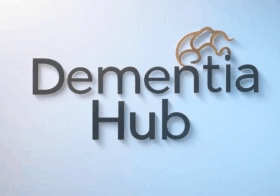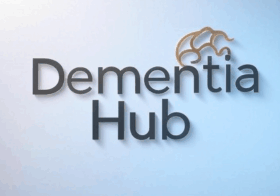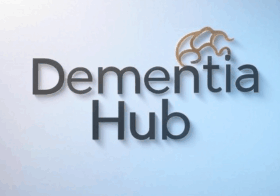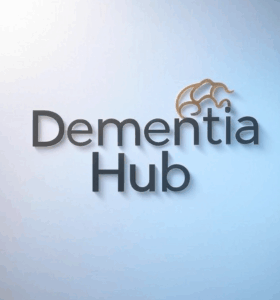Symptoms and Initial Diagnosis
Early onset Dementia can be an upsetting and frightening time for both the patient and their family, however it is vital that a professional diagnosis is made as soon as possible. Many of the drugs and treatments that are currently known to help are reliant on being administered at early onset stage.
It can be difficult for some to engage with the NHS at this stage, many do not want their families or friends worried, many are scared of what the diagnosis will reveal and some simply may not know what steps need to be taken.
These articles cover all aspects of early diagnosis and should you need to chat or ask others of their experiences we have dedicated topics within our Forum where you can hear real stories and shared experiences.

The uncomfortable statistics
It is thought that at least 1M people in the UK with dementia but the true number is likely a lot higher as many sufferers do not get a diagnosis.
Across Europe this figure is thought to be in the region of 10M and around 50M worldwide.
It is difficult to understand how NHS and other national health providers will cope with the relentless rise of Dementia unless improved actions and additional investments are made into treatments and drugs.
Is it just the UK?
Worldwide, there are around 10M new cases of Dementia each year and the UK is expected to have close to 1.5M cases by 2040.
There are currently around 6M cases in the USA with this figure expected to double by 2060.
It is already the UK's biggest killer with no current cures and limited clinical treatments available on the NHS.


Private Care and Treatments
Drugs such as Donanemab is licenced for use in the UK but due to cost implications is not available on the NHS. Certain specialist private healthcare services have begun to offer the drug at select clinics. Donanemab is advertised at between £60,000 – £80,000 per year.
What to expect from the NHS
Your first port of call should always be your GP who can advise on the fastest way to assess your individual situation. Initial assessments can be made at a memory clinic or your GP depending on availability.
Once a diagnosis has been made a personal care plans should be composed either from a memory clinic, your GP or your local authority. Who assists you with respect to this will depend on what part of the UK you live in.
Before taking any new course of treatment or drugs your local GP together with relevant NHS services will assess all of your current medical needs and current medications to ensure a suitable and safe course of action.
If you are not under direct NHS care, they will be able to liaise with many other public (and private) bodies such as social workers, physios, occupational therapists or mental health nurses to ensure your ongoing safety.
All NHS and local authority services will allow you to provide feedback on their services and how you feel about the treatments and drugs you may have received. Please use this for both negative and positive feedback.
Vivamus magna justo, lacinia eget consectetur sed, convallis at tell. Praesent sapien massa, convallis lorem ipsum.
Vivamus magna justo, lacinia eget consectetur sed, convallis at tell. Praesent sapien massa, convallis lorem ipsum.
Vivamus magna justo, lacinia eget consectetur sed, convallis at tell. Praesent sapien massa, convallis lorem ipsum.



